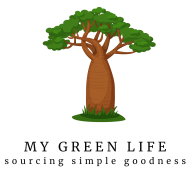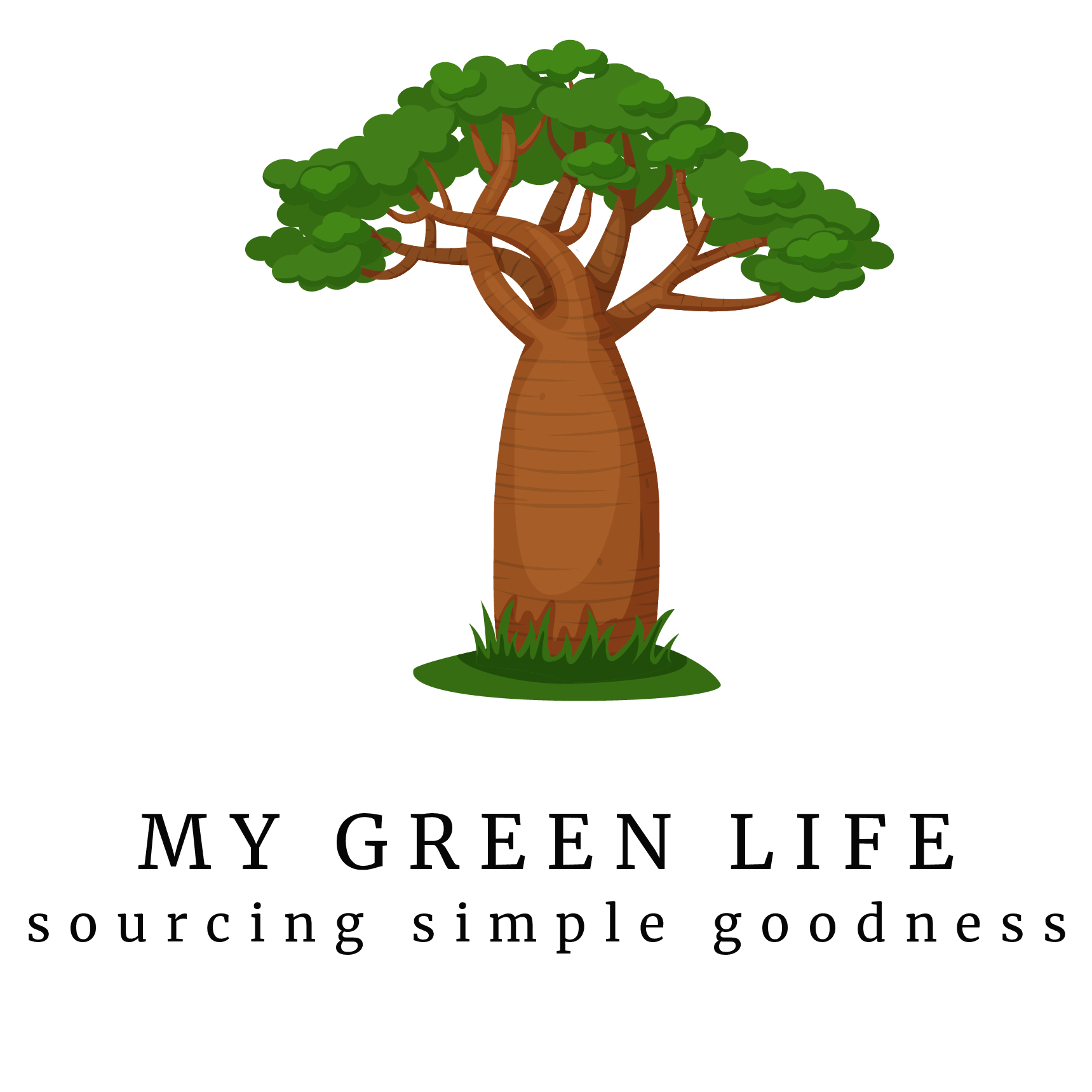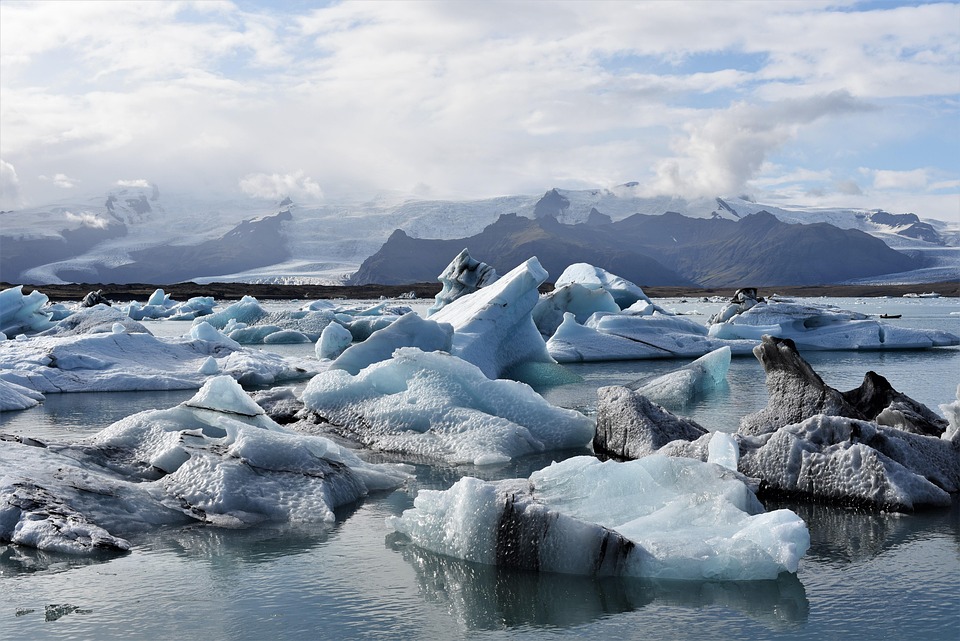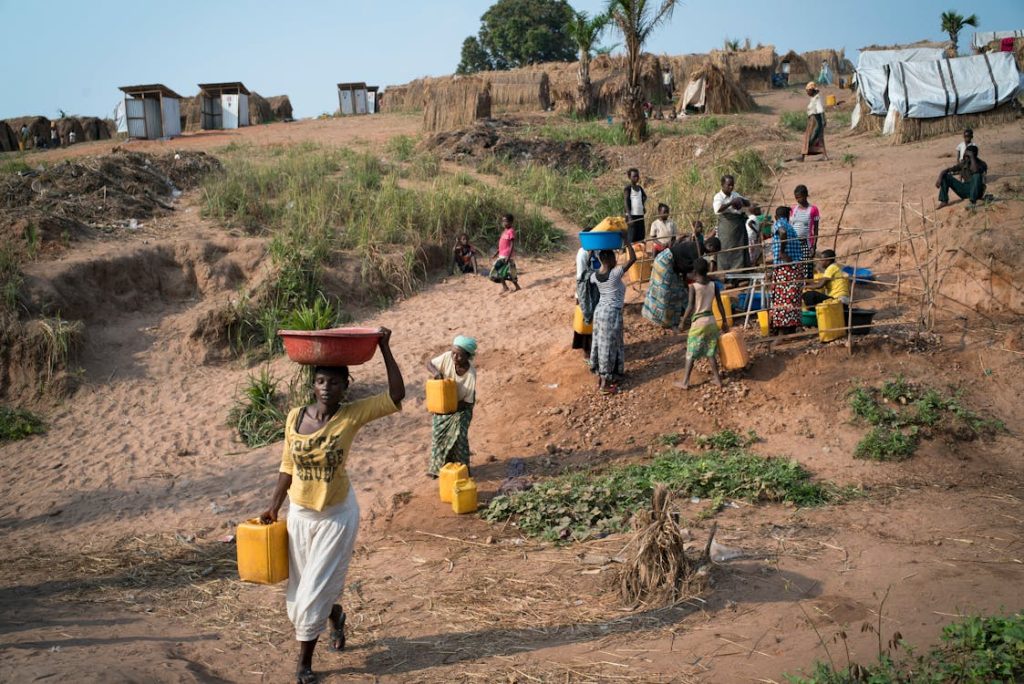WORLD WATER DAY
Clean Water, Healthy Planet: Why It Matters Observed on 22 March each year since 1993, World Water Day celebrates water and raises awareness of the 2.2 billion people living without access to safe water. The theme of World Water Day 2025 is ‘Glacier Preservation’ because approximately 70% of Earth’s freshwater exists as snow or ice. […]
Clean Water, Healthy Planet: Why It Matters
Observed on 22 March each year since 1993, World Water Day celebrates water and raises awareness of the 2.2 billion people living without access to safe water.
The theme of World Water Day 2025 is ‘Glacier Preservation’ because approximately 70% of Earth’s freshwater exists as snow or ice.
For billions of people who rely on water from glaciers, snowmelt and mountain run-off for drinking, agriculture, and energy production, meltwater flows are changing, causing floods, droughts, landslides and sea level rise.
For billions of people, meltwater flows are changing, causing floods, droughts, landslides and sea level rise.
Glaciers are critical to life – countless communities and ecosystems are at risk of devastation as the glaciers meltwater is essential for drinking water, agriculture, industry, clean energy production and healthy ecosystems. The rapidly melting glaciers are causing uncertainty to water flows, with profound impacts on people and the planet.
Countless communities and ecosystems are at risk of devastation, not only due to melting glaciers, but also from pollution ending up in our water ways as a result of industrial waste, agricultural runoff, plastic pollution, untreated sewage, and the improper disposal of household chemicals and non-biodegradable products.
We as a collective need to reduce carbon emissions globally, local strategies should be put into place to prevent shrinking glaciers and change the way we produce energy, manage waste, consume resources and manufacture goods.
More than just preservation of the glaciers, it is a day to recognize the importance of fresh water and to advocate for its sustainable management and to raise awareness of the need to protect vulnerable ecosystems and infrastructures.
Of paramount importance is to be mindful of what you put down your drains, toilets, and sinks; to avoid flushing rubbish, oil, household cleaning chemicals, or fertilizers down the drain.
Use only biodegradable products that are grey water safe and plant based which will prevent ground water contamination.
Access to clean (uncontaminated) water is a human right. Yet, 2.2 billion live without safely managed drinking water services, with devastating impacts for their lives and wider society.
REMEMBER – Water is LIFE !









 EN
EN
